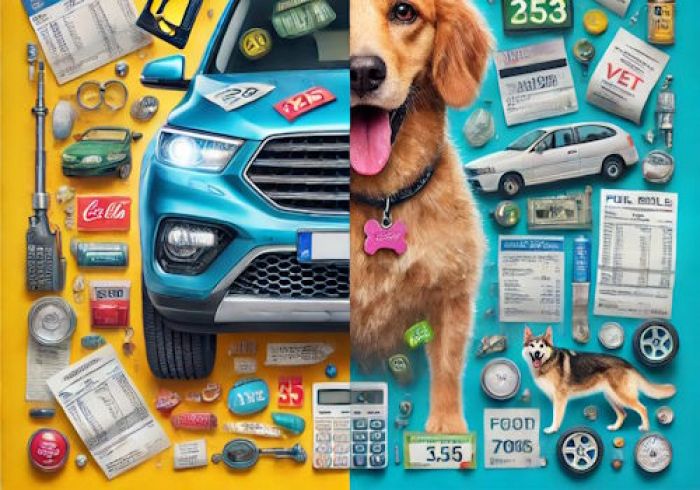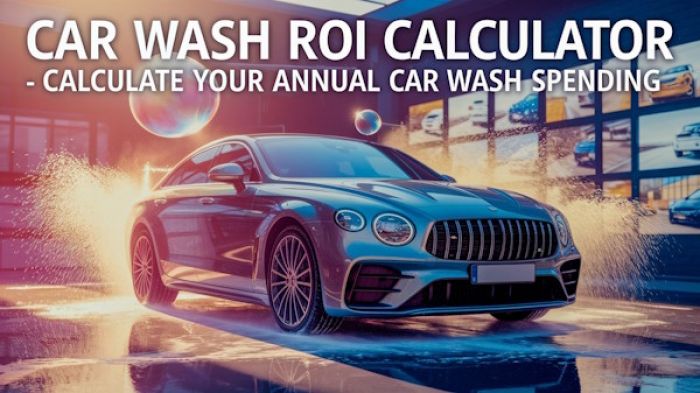If you are sure your engine sparks, has enough fuel, and is able to compress, but still won't start, it could be due to a wide variety of issues, the most common ones being timing issues, faulty sensors, malfunctioning fuel delivery systems, software glitches, exhaust obstructions, problems with the immobilizer, or electric problems.
Crank-no-start problems highlights
- Level of urgency:High
- Can you drive?Obviously, no
- DIY inspection:Possible but complicated
- DIY repair:Mostly,impossible
- Price for repair:$350 - $800
- Common Reasons:No spark, no fuel, no air, battery issues, starter problems, electronics
- Ways to fix:Inspect units that may cause this problem one by one
.jpg)
Causes of no-start when spark, fuel supply, and compression are OK
- Timing System Issues
- Faulty Sensors
- Fuel Injection Problems
- Software Problems
- Exhaust Obstructions
- Immobilizer Issues
- Electric Problems
1) Timing System Issues
One of the more common causes of this problem is an engine with a problematic timing system. Timing belts or chains that are worn, stretched, or misaligned can throw off the synchronization between the piston movement and the time for opening and closing the valves. This causes the spark plug to spark at an incorrect time and thus does not manage to ignite the air and fuel mixture.
Besides this main issue, the problem can also be due to a plethora of sensors found within the timing system itself. Either way, this is one of, if not the most common reason why this happens, so be sure to pay attention to this.
2) Faulty Sensors
There are quite a few sensors that could potentially cause this problem, the most common ones being a malfunctioning crankshaft or camshaft sensor. A malfunctioning crankshaft or camshaft sensor can send inaccurate signals, disrupting the ignition timing and causing a no-start condition. Other vital sensors like the mass airflow sensor, throttle position sensor, and oxygen sensors can also contribute to the problem if they're faulty.
All of these sensors can either send incorrect data or no data at all to the ECU, making it difficult for the engine to operate efficiently. So, even if spark, fuel, and combustion are all present, some of these sensors can still prevent you from starting the engine.
3) Fuel Injection Problems
If your engine starts suffering from fuel delivery system issues, it can stop delivering the fuel to the engine in a correct manner and thus cause it to fail to start. If the fuel injectors are clogged, leaking, or malfunctioning, they may not deliver fuel in the correct ratio or timing, disrupting the combustion process.
Likewise, a faulty fuel pressure regulator can result in insufficient fuel reaching the combustion chamber. All of these irregularities can cause the no-start problem, even if fuel technically is present.
4) Software Problems
Modern-day cars are immensely complex which means that they rely on software as much as possible. Almost all aspects of modern-day cars have loads of lines of code in virtually every aspect. Naturally, if some of these start malfunctioning, they are going to lead to problems not specifically associated with software.
A software bug or corruption can result in incorrect calculations or commands, preventing the engine from starting as the engine didn't get the correct memo about what it was supposed to do. Even something as simple as a firmware update can sometimes inadvertently introduce issues that stop the engine from firing up.
5) Exhaust Obstructions
A blocked exhaust system can create back pressure, disrupting the flow of exhaust gases and interfering with the engine's ability to complete the combustion cycle. This can be caused by a clogged catalytic converter, collapsed muffler, or even objects lodged within the pipe.
Such obstructions can prevent the engine from drawing in fresh air for the next combustion cycle, leading to a no-start condition despite the presence of spark, fuel, and combustion.
6) Immobilizer Issues
Some cars come equipped with sophisticated immobilizer systems which are designed as anti-theft mechanisms. This means that these systems typically require a correct keyfob command or location within the vehicle to start the engine. If one of these isn't correct, it could lead to a no-start condition.
In some cases, a weak battery in the key fob or a damaged transponder chip can also cause the immobilizer to engage mistakenly, preventing the engine from starting despite the presence of all necessary combustion elements.
7) Electric Problems
Issues such as a weak or dying battery, corroded connections, or faulty wiring can all disrupt the electrical flow required for the engine ignition process. For instance, a bad ground connection might mess with the operation of essential systems such as sensors, fuel injectors, or even the Engine Control Unit (ECU).
A problematic alternator may not charge the battery sufficiently, lacking the necessary electrical power for ignition. These electrical issues can prevent the engine from starting even when all primary combustion elements are in place.
What are the solutions to this problem?
1) Fixing Timing System Issues
Your first step is going to be to diagnose the chain to see if it's overly stretched, misaligned, or simply worn out. If the chain isn't properly tensioned, it means that it's probably time to replace it as a loose chain can potentially break and thus cause a whole load of serious issues, some of which can even lead to a completely dead engine.
2) Checking Faulty Sensors
If some of your sensors are to blame, you probably used an OBD scanner to fetch all the codes associated with specific sensors. Once you've identified the sensor, it's best to simply replace it as cleaning some of these can only be a temporary solution at most. Except for the mass-airflow sensor which could last a long time when cleaned.
3) Dealing with Fuel Injection Problems
There are three things you need to do to your fuel system to hopefully solve the issue completely. First of all, you need to check it for clogs or leaks and fix both. Secondly, you need to replace the fuel pressure regulator if it's not working. Thirdly, you should take a fuel injection cleaning kit and clean the injectors if they are really dirty.
4) Software Problems Solutions
A proper software update or reset tends to resolve most glitches within the ECU. As such, it's best to take your car to a dealership for them to do all the necessary software adjustments in order to fix the vehicle. In extreme cases, your ECU will have to be replaced if these software adjustments fail to help.
5) Exhaust Obstructions
First, make sure to check if there are any objects lodged within the pipe itself and be sure to take them out if they are. If your cats are clogged, you can try to clean them, but you are likely going to have to replace them. If one of your mufflers is in rather poor condition, you will also have to replace it sooner than later.
6) Immobilizer Problems Fixes
Depending on the car, there are different methods of how to approach fixing this. However, the best one is to consult the owner's manual and see. You should also check your key fob battery, and if other functions such as keyless entry (if you have it) work. If none of these help, maybe a reprogram will.
7) Electric Problems Solutions
First of all, it would be best to check the battery voltage and if it has enough juice to kickstart the engine at all. Ensure that all of the connections are clean and not corroded. Lastly, check your alternator output to see if it's able to charge the battery if your battery voltage is suspiciously low. If any of these are indeed failing, a replacement is the only way to fix them.
How Much Does it Cost to Fix this Problem?
The costs to fix this vary depending on what is exactly the issue at hand. Overall, you can expect to pay between $50 and $300 to fix most of these potential causes listed in this article. Some solutions such as replacing an ECU could cost you three times as much while unattended timing chain problems can even result in needing a completely new engine.
Conclusion
In this article, we went over a few common reasons why your car refuses to start even though it has spark, fuel, and combustion. It's worth mentioning that these aren't the only potential causes, and that there are other ones that are either not nearly as common as these or too difficult to diagnose and thus shouldn't be attempted by DIY enthusiasts.
As such, if your car refuses to start even after doing everything on this list, it's time for you to take it to a mechanic and let a professional do its best to help you.
About the authors
The CarAraC research team is composed of seasoned auto mechanics and automotive industry professionals, including individuals with advanced degrees and certifications in their field. Our team members boast prestigious credentials, reflecting their extensive knowledge and skills. These qualifications include: IMI: Institute of the Motor Industry, ASE-Certified Master Automobile Technicians; Coventry University, Graduate of MA in Automotive Journalism; Politecnico di Torino, Italy, MS Automotive Engineering; Ss. Cyril and Methodius University in Skopje, Mechanical University in Skopje; TOC Automotive College; DHA Suffa University, Department of Mechanical Engineering






Add comment